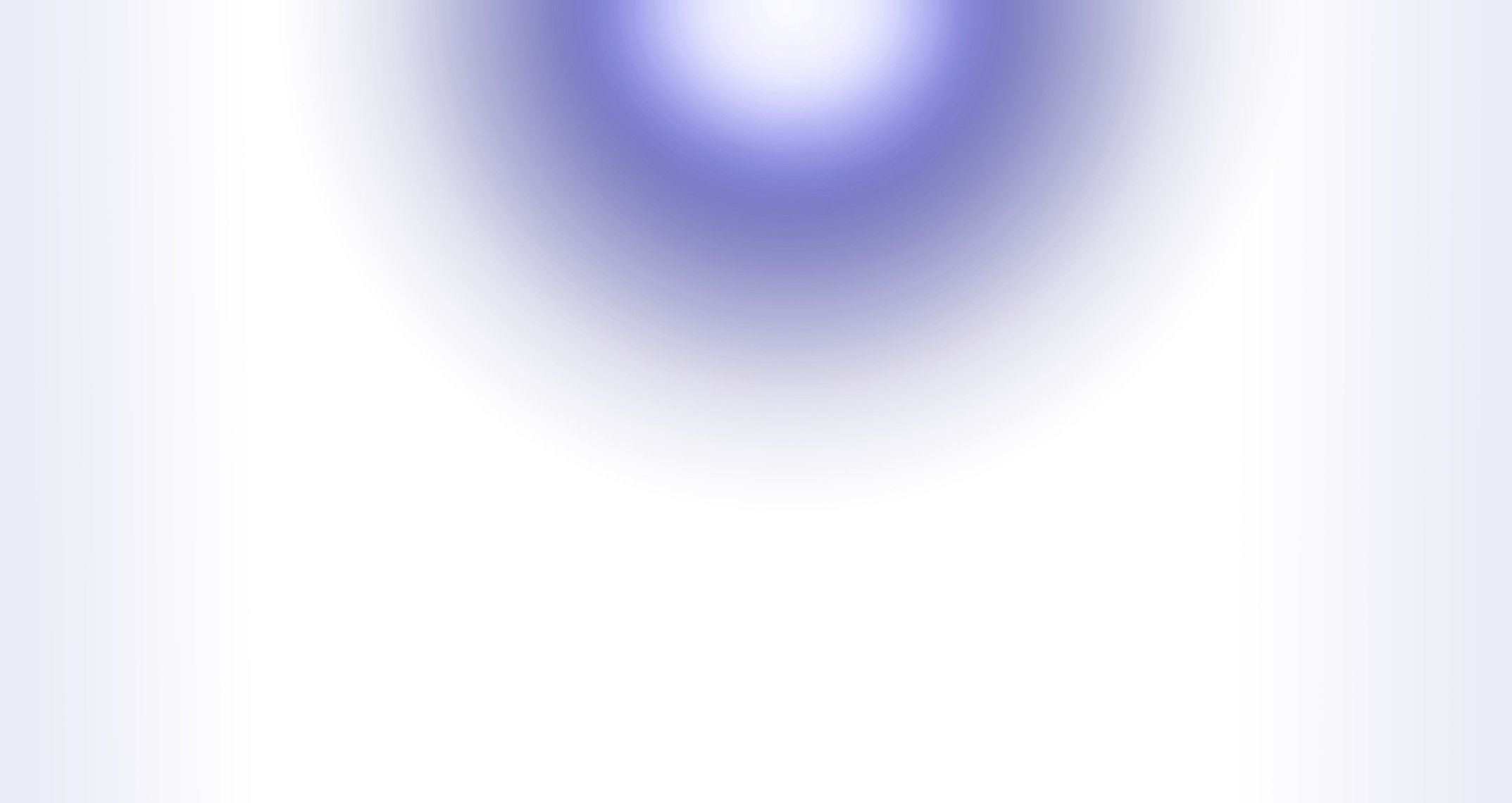
to Hive being
welcome
What is Hive Being, and Why the Name?
You have likely heard talk of a hive mind, where one global mind finds more or less figurative expression in various local minds. Such talk is common enough in nature documentaries, especially ones concerning ants or bees, and in sci-fi programs. Take that notion, at least a loose version of it, and broaden its scope. That will be a decent first step in understanding the title I have chosen both for my Blog and for the first five-volume installment of my magnum opus Made For You and Me, a fragmentary collection of minimalist stanzas from 2016 to 2020.
In alignment with Spinoza (the 17th Century Rationalist to whom I devoted my doctoral studies), I view reality in its totality as a grand hive Being: all entities are but pulsating manifestations of the buckstopping fount of everything, an ultimate being we might call “God” or “Nature” (so long as, out of respect for the capital “G” and the capital “N,” we limit it neither to some anthropomorphic cloud father hurling lightning bolts nor to mere wilderness untouched by human smog). According to the hive-Being view (where reality is one lone superorganism, a monistic—and we might even say unividualist—conception I defend in both my creative and academic capacities), each non-foundational being (each being, that is, whose essence does not involve existence) is an utterly necessitated expression or eruption or exudation of this eternal source—each is, perhaps better put, a mode or manner of being, and so a focal point through which is disclosed, what classical theists sometimes call “being itself” (ipsum esse subsistens): the realness of the real, the being of whatever may be, the sheer activity of being, the very isness of whatever is. This Blog, which duplicates my Substack, throbs as but one among many literary unfurlings of this self-necessitated foundation, this supreme wellspring, of which we—like black holes and broken beliefs, like fractal ferns and flickering flames—are the inevitable stylings.
My Journey
I am an academic who found himself pressured into early retirement by the rising tides of cancel culture. The illiberal scourge of censoring, silencing, and shaming—although always with us throughout our evolution—reached a local peak around 2021. That was the turbulent year my creative pursuits, which the old left once encouraged as a healthy outlet for the stresses of a childhood steeped in poverty and illiteracy, drew the ire of the new safe-space left. A small cadre of self-proclaimed victims and their allies, several of whom continue to berate me years later under pseudonyms as see through as their sexual infatuation, sought to erase me and my heterodoxy. They found support from a wannabe-woke dean, covered in the grand inquisitor robes of our decadent modernity (full-body tattoos) and just itching to signal his commitment to protecting “vulnerable populations” from triggering material (even if just, as it was in my case, off-duty poems “unbecoming for someone calling himself a teacher”). Although I eventually won my due-process case with the help of The Foundation for Individual Rights and Expression, I slunk away from a college that turned its back on protecting freedom of expression and from an institution increasingly intolerant of intellectual diversity.
The wrecking ball to my too-comfy office in the windowless ivory tower came with a silver lining. From the ashes of my professional aspirations rose a phoenix of increased freedom to fulfill the literary calling I have pursued for decades. Reputation concerns never stopped me, even within academia’s sterile halls of conformity. Indeed, my unapologetic defiance, which has long baffled friends and family, no doubt chummed even safe waters—almost as if I were asking for it all along—until the cancel shiver grew too frenzied to hold back its blind thrashings. But now, now I piston the most forbidden territories of human thought with no longer even a twinge of conscience. The newfound freedom means extra time to hone my craft. When not assisting special-needs communities (a day job far more rewarding than freeway-flyer drudgeries), I pursue my literary mission with Dionysian fervor.
Call for Co-Conspirators
This space, my digital sanctuary, showcases the fruits of my mission. Think of my posts, even those linking to my publications, as works in progress. I want your input, unflinching brutality included. Each post begins with an invitation to action: “Let’s workshop this [draft about x, y, z].” Your contributions, whether through public comments or my contact page, help hammer scraps of ore into polished blades fit for magazine publication.
Your input is valuable, even if you are neither a writer nor a reader of literature—twin disciplines dying by the cyber nanosecond. Sometimes—even if at the risk of uttering banalities—an outsider’s fresh vantage can pierce the veils of convention to reveal what insiders miss. It often takes an outsider to make us even think to question our ingrained presuppositions and attitudes. I stand by the hygienic value of contagion. That is one reason I advocate so strongly for intellectual diversity and freedom of expression. And that is also one reason I was so harrowed by the anti-diversity swell of cancel culture in academia (an institution that should be the utmost caretaker of such values)—harrowed especially insofar as that swell masqueraded under the gaslighting guise of “diversity”).
You will witness the breathing evolution of my writings over time. To track these changes, I label each revision by round: “ROUND 2,” ROUND 3,” and so forth. Each piece undergoes continuous refinement based on your feedback and my own revisitations. Sometimes changes will mar the work. That is the risk of creative tinkering as a finite creature. I hope you will alert me to missteps. After many semesters of university writing workshops, one rule has impressed itself upon me: when someone senses a flaw, something almost always needs to change—even if, yes, the proposed solution misses the mark (which often it does). From a quick look into the archives, accessible here, you can see how much I have benefited from your feedback so far.
My Hope
Sharing drafts can be daunting. But showing you the ravaged and unperfumed real deal unfiltered by makeup (stuttering starts and falsities, awkward line breaks and clumsy word choices, grammatical errors and misspellings)—that not only makes my work more relatable, but helps me refine things through your input. I hope the unfiltered look at the raw process of fumbling, rather than just the polished product, also helps other writers develop their craft. Imperfect works often instruct more than perfect ones: whereas the perfect ones tend to have a grace by which they slip inside us without activating our scrutiny, the imperfect ones—especially the near perfect ones—show us glaringly what not to do.
People laugh at me, seeing—in my tilting at the windmills of literary excellence—a Don Quixote clunking around in Arthurian armor in a post-knight era. I am not naïve. I am well aware of the diminishing ability to read, let alone well: slowly and deeply, with gratitude. I am also aware that my style, which often nests subpoints within larger points, never waters down virtuosity for the sake of mass appeal. I watch readers stumble over my sentences, unable to unlock even just the music of the envelope let alone the semantic meat within, which—given my tendency to flashlight through the darker facets of human nature (the addicts, the miscreants, the abusers among us)—only adds an additional alienating layer of difficulty). Beholding these depressive scenes of even supportive family members getting bucked off my syntactic bronco makes me feel like a dinosaur who should get a hint and, if not succumb to the brain rot of skibidi-toilet speak, just hang himself already. Even though the decline in linguistic background and grammatical voltage makes my compositions seem quixotic in a world binging Netflix and TikTok, I persist—raging against the dying of the light—by some internal compulsion to celebrate the richness of language and thought.
My hope is that, despite social media’s unparalleled power to farm our attention, people never forget the unique power of writing. Beyond unveiling hypocrisy, teasing out complex implications, and detailing the commonalities between even the most alien phenomena, writing offers something we need today—trapped in agoraphobic cyber bubbles only thickened by the Lyme dangers of forests and the COVID dangers of cities—perhaps more than ever. Granting us rich access to the first-person perspectives of others (to how things feel to them), writing serves as one of humanity’s best tools for combating loneliness. It allows us to linger, broadly and deeply and at high resolution, within the inner lives of others in a way that other arts can only suggest.
What to Expect
My work spans a broad spectrum: from metaphysical discourses on free will and determinism and the ontology of holes to the ephemera of western culture (whether the childhood impacts of the hypersexual mono-image of black woman as squirting twerkers or Terrence Howard’s sham revolution of mathematics). Some tight and minimal, others free-flowing sprawls; some heady and abstract, others emotional and imagistic—my inkwell musings, which often blend scholarly rigor with a dark humor from both high and low culture, aim to capture the visceral intensity of our personal and social and ultimately existential predicaments.
By no means can I deny that drug abuse, sexual assault, and the tales of the broken and the damned loom large in the tag cloud of my work. My writing will never be a paradise of easy truths and comforting lies. It will challenge you, provoke you, and at times even repulse you. I offer no apologies for the monsters I unleash. They are as much a part of us, at long root scared rodent mammals scurrying in the shadows of dinosaurs, as our noblest aspirations.
But make no mistake. It is not all downer darkness. The archives are my receipts. You will find pieces exploring the pursuit of authenticity in a media-saturated world, the search for meaning in an indifferent cosmos, and the celebration of beauty in both the sublime and the profane. I locate much of my inspiration, in fact, in novelists like Dostoevsky and poets like Ted Kooser—writers unafraid to pursue moral agendas or risk Hallmark sentimentality in an age that often sneers at sincerity.
Be they satirical dissections of modern social dynamics or poignant poems about addiction or academic articles on moral responsibility, my goal is to provoke thought, evoke emotion, and foster meaningful dialogue. Fear has not and will not stop me from challenging humanity’s fundamental taboos (like bestiality and cannibalism) or self-reflecting into the dark chaos of the subconscious, even if that means exposing the Jungian shadows—the inner Goebbels—lurking within us all!
Expect posts each day, no day missed. Donations are welcome, but I impose no paywall: it feels wrong to charge for art, especially given our date with obliteration. Feel free to explore what amounts to, at the time of writing this, close to a thousand pieces of poetry and prose here. That should give you a sense of what awaits.
Join me—specula holstered—on this literary odyssey into the public and private nooks of the hive Being. Let us navigate the labyrinth of creation together, confronting our demons and even slaying our darlings if we must. Let us dance on the razor’s edge between the sublime and the profane in pursuit of an elusive literary perfection never to be confused—as it has been confused in our declining civilization—with the pursuit of popularity or likeability over truth.
tag cloud
- poetry
- literature
- literature community
- poem
- literary
- American literature
- writing
- creative writing
- poetry community
- Michael Istvan
- Istvan
- perception
- defiance
- suffering
- existential poetry
- dissociative
- poet
- existential
- healing
- human
- adolescence
- sex
- power
- art
- artist
- campus warrior
- Nietzsche
- substance abuse
- mortality
- evolution
- sensual
- Earth
- resilience
- death
- darwin
- hardship
- God
- anxiety
- love
- Life affirming
- parenthood
- murder
- sexuality
- prison
- meditation
- parenting
- disease
- crack
- love letters
- vines
- christianity
- teen
- junkies
- religion
- faith
- rape
- hoodlum
- taboo
- worship
- thugs
- Biggie
- islam
- hypocrisy
- woke
- muslims
- dysmorphia
- babies
- abuse
- pound town
- feet
- baby feet
- care
- cops
- hypermasculine
- olympics
- blm
- horse
- dread
- poison
- transgressive
- homosexual
- gymnastics
- fatherhood
- father
- mental health
- psychoanalysis
- repression
- drugs
- social justice warrior
- teacher
- philosophy
- music
- artistry
- teens
- suicide
- poor
- disturbing
- change
- poverty
- cocaigne
Posts

Jordan
“Jordan" is a critical and incisive examination of Jordan Peterson's evasive tendencies when faced with direct questions about the literal truth of Biblical narratives. The piece explores the tension between Peterson's stated commitment to truth and his strategic deflection of inquiries that touch upon the historical or biological veracity of religious events, such as the immaculate conception or resurrection of Christ. By analyzing his rhetorical strategies and the implications of his avoidance, the text critiques both the intellectual and interpersonal ramifications of his approach.
The work begins by highlighting the frustration caused by Peterson's refusal to answer straightforward questions about Biblical stories. His methods of evasion, including cloaking himself in feigned incomprehension and redirecting the conversation to symbolic interpretations, are dissected as mechanisms that deflect inquiry rather than address it. These tactics, the text argues, not only fail to engage with the questions in good faith but also exacerbate the very materialist mindset Peterson ostensibly seeks to transcend. By refusing to meet his interlocutors at their level of understanding, he inadvertently elevates the banal aspects of these questions to central importance, turning them into focal points of frustration rather than stepping stones to deeper insight.
The text delves into the psychological and pedagogical dimensions of Peterson's approach. On one hand, his deflections can be interpreted as a protective mechanism against what he perceives as reductive materialism—a worldview that he sees as antithetical to the transformative power of mythological narratives. On the other hand, his refusal to engage directly, even when interlocutors clarify their intentions and frame their questions in non-confrontational terms, suggests a deeper defensiveness that undermines his credibility as a truth-seeker. The piece suggests that this defensiveness may stem from an unwillingness to concede that answering such questions need not diminish the symbolic and psychological depth of these narratives.
Through a series of hypothetical dialogues, the text illustrates how Peterson's evasions alienate genuine inquirers and squander opportunities for meaningful dialogue. The author argues that answering literal questions, far from reducing the richness of Biblical stories, can serve as a bridge to the more profound insights Peterson seeks to highlight. By refusing to acknowledge this, Peterson not only frustrates his audience but also betrays the very principles of intellectual honesty and engagement that he claims to champion.
The work also touches upon the broader cultural and philosophical stakes of Peterson's approach. His resistance to direct answers reflects a deeper tension in contemporary discourse: the struggle to balance the metaphysical and symbolic dimensions of religious narratives with the empirical demands of modern skepticism. The text critiques Peterson's failure to navigate this tension effectively, suggesting that his evasions ultimately reinforce the materialist perspective he opposes by making him appear disingenuous.
In its closing analysis, the piece offers a pragmatic critique of Peterson's strategy. By refusing to address superficial questions as a prelude to exploring deeper truths, Peterson undermines his own mission to guide people toward a richer understanding of Biblical narratives. The text calls for a more honest and transparent engagement with such questions, arguing that this would not only build trust with his audience but also strengthen his case for the enduring relevance of these stories.
Jordan Peterson, Biblical narratives, rhetorical evasion, symbolic truth, materialism, intellectual honesty, religious narratives, literal vs. symbolic, philosophical discourse, cultural critique.

"Stoon of Sikernesse" in Troilus and Criseyde
In "‘Stoon of Sikernesse’" in Troilus and Criseyde,” the poem reflects on Chaucer's nuanced portrayal of earthly love and the inherent fragility of human attachment. The titular “Stoon of Sikernesse” refers to an imagined anchor of certainty and fidelity, yet in the poem, love appears as a paradox: an all-consuming, even maddening force that is simultaneously transient and unreliable. This reference aligns with the idea in Troilus and Criseyde of love as an overwhelming force, compelling Troilus to pursue Criseyde despite the risks to his heart and sense of self. The imagery here underscores the irrational, almost tragic, insistence on pursuing what is fleeting—a lover who, by nature, is changeable, mortal, and “prone to sicken and die.”
The poem juxtaposes this transient love with loftier, more timeless causes. The notion of “causes that outspan us” points to ideals like honor, duty, or divine pursuits—endeavors that one might expect to be worthier of devotion than an ephemeral romance. However, as the speaker notes, even these elevated causes are subject to the ravages of time and decay. This duality embodies Chaucer's medieval worldview, wherein the temporary nature of earthly pursuits is seen as a flaw or a limitation, one that drives the allure of “anti-samsara heaven,” a conceptual escape from the cycle of worldly suffering and decay.
The reference to “anti-samsara heaven” hints at a longing for spiritual transcendence as an antidote to the sorrows of worldly attachments, mirroring the medieval Christian ethos of striving for heavenly salvation as a release from the suffering and impermanence of earthly life. Just as Chaucer uses Troilus’s plight to explore the folly of seeking permanence in the impermanent, this piece evokes the instability of even the most intense, seemingly significant attachments and goals in human life. Ultimately, the poem resonates with Chaucer’s insight that all earthly pursuits, no matter how noble or profound, are vulnerable to change and loss, prompting a yearning for something beyond the samsaric cycle of attachment and suffering.
Chaucer, Troilus and Criseyde, earthly love, impermanence, samsara, spiritual transcendence, medieval worldview, mortality, attachment, fleeting devotion


blog
FAQ

Visit my Substack: Hive Being
Visit my Substack: Hive Being

Don’t let anyone tell you that real life is lacking in poetic interest. This is exactly what the poet is for: he has the mind and the imagination to find something of interest in everyday things. Real life supplies the motifs, the points that need to be said—the actual heart of the matter; but it is the poet’s job to fashion it all into a beautiful, animated whole. You are familiar with Fürnstein, the so-called “nature poet”? He has written a poem about growing hops, and you couldn’t imagine anything nicer. I have now asked him to write some poems celebrating the work of skilled artisans, in particular weavers, and I am quite sure he will succeed; he has lived among such people from an early age, he knows the subject inside out, and will be in full command of his material. That is the advantage of small works: you need only choose subjects that you know and have at your command. With a longer poetic work, however, this is not possible. There is no way around it: all the different threads that tie the whole thing together, and are woven into the design, have to be shown in accurate detail. Young people only have a one-sided view of things, whereas a longer work requires a multiplicity of viewpoints—and that’s where they come unstuck.—Goethe (Conversations with Eckermann)

Featured Blog Posts
have appeared last night—
all those met along the way?
























